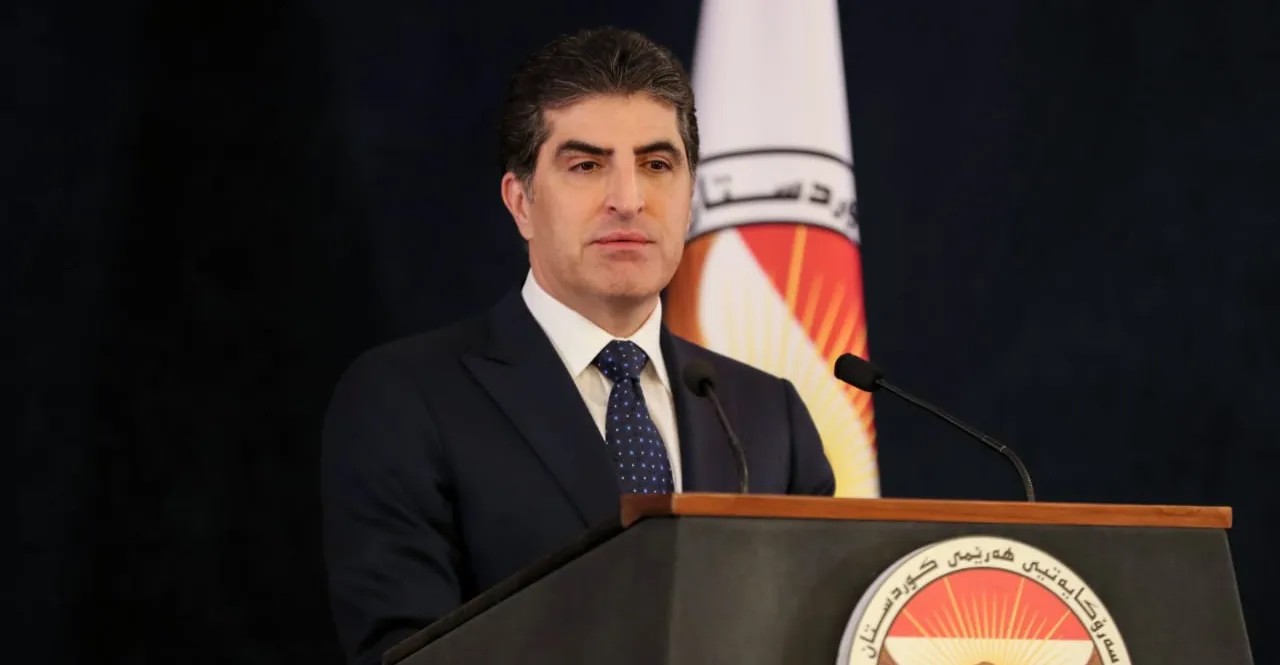The tyranny of the school WhatsApp group
From tiger mothers to unfunny fathers, the playground politics of parents’ chats bring out the worst in all of us

It was the secondhand pants for sale that finished Abbey Booth off. Until that point, Booth had gritted her teeth and endured the constant requests for information – the tittle tattle about teachers and the World Book Daychat that were par for the course on her primary school parents’ group chat. But the tidings in her unread WhatsApps that a fellow class mother was seeking to offload her son’s unwanted underwear was the last straw.
“It was nuts,” says Booth, a personal stylist and colour consultant. “And constant, any time of day or night. Eventually, I just exited the group – and then got bombarded by mums asking why I’d left. ‘THIS!’ I told them. ‘This bombardment is the reason!’ Leaving was honestly the best thing I’d ever done.”
Kecks aside, the class WhatsApp group is surely the closest thing modern parents have to a feudal obligation. Its demands are constant, capricious and utterly inescapable – a digital overlord expecting obedience, attention and a steady tithe of thumbs-up emojis. Few spaces erode one’s sense of adult sovereignty more efficiently.
It is playground politics reanimated for people who should have long since graduated from playground dynamics – Mean Girls blended with the slightly unhinged energy of the Covid WhatsApp scandal, all conducted under the polite varnish of primary school respectability.
And if you think this is social commentary hyperbole, look no further than the astonishing ordeal of Rosalind Levine and Maxie Allen, arrested and detained for 11 hours, unlawfully, for the crime of criticising their daughter’s school leadership in a WhatsApp chat. The couple has now received £20,000 in damages from the police.
This episode exposes more than just a communication breakdown – it underscores how entwined these group chats have become with contemporary parenthood, and how volatile that entanglement can be. Surveys show that among UK parents in school WhatsApp groups, 40 per cent regret joining and a quarter report that a “head boy” or “head girl” personality dominates the chat.
Sure, it all begins innocently enough. Someone adds you at 8.02am on the first day of term. “Welcome!” chirps the self-appointed leader of the group, a person whose ruthless organisational capabilities could put Elon Musk’s personal assistant to shame. By mid September, though, it has evolved into a roiling thundercloud of logistics.
There are sign-up spreadsheets for class trips; reminders of tomorrow’s optional-but-not-really-optional Tudor Day costume; endless, desperate pleas as to whether someone might have seen Samuel’s left trainer, size 4. At any given moment, you are liable to be asked to volunteer for something: a bake sale; a class trip; a teacher collection.
Alongside the ever-efficient head girl or boy – invariably a parent governor and typically either a ferociously competent stay-at-home tiger mother or someone juggling a terrifyingly senior job – every class WhatsApp group hosts its own familiar dramatis personae.
There is the perpetually disoriented parent, forever blindsided by deadlines and apparently untouched by any school email ever sent, relying entirely on the chat to tell them where their child should be and in what costume. There is the resident protester, permanently mid-rage, rallying others to join their latest campaign against a PE policy or a perceived slight from the headteacher. There’s the parent who treats the group as a rolling digital lost-property cupboard, posting hourly queries about missing water bottles and orphaned trainers. The jokey dad inevitably appears too, unable to resist a pun, however desperate.
And, of course, the lurker: the silent observer who contributes nothing, but reads everything, then conducts the real-time commentary to their partner. (Guilty.)
Unsurprisingly, the most active participants are almost always the mothers. The fathers present – including my own husband – tend to have been conscripted under the banner of “sharing the emotional load”, only to mute the chat immediately and carry on as before.
Perhaps that’s because the fathers have an instinctive understanding about the nature of these groups. While they may purport to facilitate connection and coordinate logistics, many parents find themselves caught in “group fatigue”, struggling under the pressure to respond, volunteer or stay constantly informed. Meanwhile, schools warn that the same chats can fuel fear, misinformation and online campaigns of criticism that end up directed at staff. All of which suggests that class WhatsApp groups straddle a dual role: part communal support network, part social pressure-cooker.
“When my youngest started school, I set up a WhatsApp for his year group. The one for my eldest’s [year group] was full of crap,” says Rachel Morgan-Trimmer, the founder of neurodiversity consultancy, Firebird. “I thought if I was the admin [who controls the group], I could keep it on topic.”
That was not to be, however. “I booted one guy out after warning him for making jokes (they weren’t even funny) and he messaged me privately, bleating about it. I booted someone else off for sharing a racist Chinese meme at the beginning of Covid, then I had to ask people not to share unverified medical information that involved ice cubes. And people had a go at me for trying to keep it on topic and free of misinformation.”
In the end, Morgan-Trimmer left her own group – and ended up using it as a theme in her stand-up comedy set at clown school. “It seemed to resonate with a lot of people,” she says now.
“I try not to get involved and [generally] have the chats silenced, but one day I lost it,” says Caroline Lamont, a wellbeing coach. “I sent a stern message standing up for teachers after some parents accused them of going through the kids’ lockers without their knowledge (not true). One parent claimed that on a Duke of Edinburgh expedition, children were left without supervision overnight (also obviously not true). I had loads of private messages thanking me for speaking up, and our headteacher then sent a message about courteous communication on WhatsApp in his weekly newsletter. The drama!”
Such tales will likely be familiar, although the tone will vary according to the participants. At the first primary school my children attended, the vibe was mostly matter of fact, and concerned largely with ensuring everyone bunged their £20 into a virtual pot at Christmas in time for the class rep to buy gifts for the teachers. When we moved north a few years later, the difference between my class WhatsApp groups became more stark. My middle son started at a local private school where the gushing tone of the messages, liberally peppered with exclamation marks, hearts and kisses, and in which all mothers were referred to as “Mummy” hid an often vicious undertone.
On one memorable occasion, one mother publicly named the boy who had allegedly been bullying her daughter. “No, we are not holding back on naming names any longer!” the mother declared. Another parent suggested that WhatsApp was not the forum for such communications, and was dismissed. “If you don’t like it or have no interest in what you read, ignore it and move on,” the injured parent replied. “This is an open forum.” At least three parents then promptly exited the group. Much more to my liking was the WhatsApp at my younger son’s state primary, where as well as admin, the group was used to convene social activities with alcohol involved.
Meanwhile, I was also added, briefly and utterly compellingly, to a “Smartphone-Free Childhood WhatsApp” convened by parents at my eldest son’s senior school which, somewhat ironically, pinged every three seconds with increasingly hysterical and deranged messages from mothers worried about their sons’ potential online gambling addictions.
“I am afraid his mind is being enslaved to the brutal systems of this day and age,” declared one. It was like watching a soap opera, up to and including the moment at which the group was infiltrated by the boys themselves. Eventually, the whole thing was shut down by the organisers.
Even that wasn’t as operatic, however, as where I now find myself, in America, where we moved this summer, and where the class parent groups are truly another level. My middle son is now at middle school, where the group chat (which has 155 members) is run through Signal, and has already gone next level tonto, most notably earlier this term after one parent suggested the school’s restrictive uniform policy (which of a shirt with a collar and navy, black or khaki bottoms) had resulted in her long-haired son getting bullied.
Cue multiple angry back and forths about uniformity versus individuality, the politics of student democracy, the extent to which policy should be built on goals and evidence versus advocacy, and a slew of tangentially related news articles, petitions and protests by the initial angry parent who had to then be gently reminded that this was not the purpose of a class communication group. I watched agog, with my fingers over my eyes.
For all that crazy though, there is a strange comfort in the tyranny – because it illustrates so clearly that we’re all in it together. Proof? I haven’t quite been able to bring myself to leave the cosy embrace of my youngest’s British primary WhatsApp, even though it’s now irrelevant to our lives. Although the moment someone tries to sell me any secondhand underwear, I’m out.
[Source: Daily Telegraph]
























































